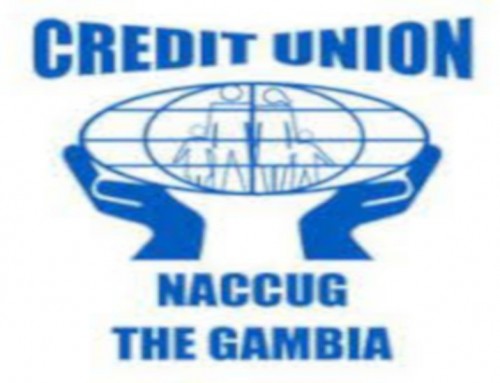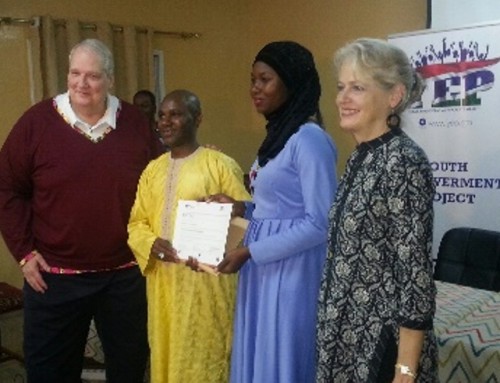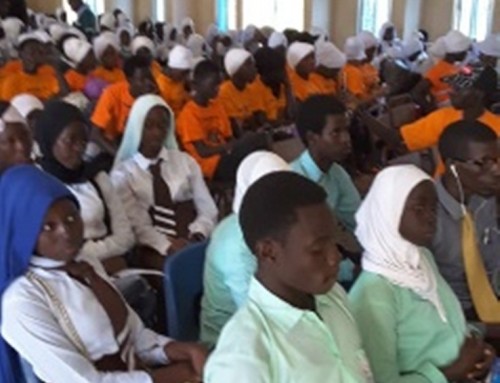Over the past few weeks, the education system in the country received a lot of attention from the public due to a sit-down strike by a section of the teachers in the country. These teachers – a breakaway group from the Gambia Teachers Union – showed that they were not satisfied with their conditions of work.
They complained of low wages, delayed payments and postings of teacher trainees to what are designated hardship zones. In February this year, they declared a sit-down strike tendering some demands to the Government of The Gambia.
However, when these demands were not met until September and schools resumed, they again went on another sit-down strike which generated a lot of debate in the country. They met with officials who pleaded with them to go back to school but to no avail.
When they met with the Vice President of the Republic, he told them that unless they go back to the classrooms, they may lose their jobs and be replaced by the retired teachers. They met with the ombudsman who tried to persuade them to go back to work but again they did not agree.
It felt as if everything was coming to a head as the ultimatum given by the VP crept closer. It was at the eleventh hour that the Director of the State Intelligence Services intervened and was able to broker a deal which saw the teachers go back to school with no one being sacked.
There are many lessons in this both for the teachers and the Government of The Gambia. The teachers have learnt that they have a democratic right to protest and demand for better conditions of services but do it respectfully and in an orderly fashion.
The Government of The Gambia has learnt that with the advent of democracy, it is no longer business as usual; that they have to sit down and negotiate with disgruntled groups and try to use dialogue to solve any problems they may have or arrive at a compromise. It is with such understanding from both sides that we can build our democracy and make it better and stronger.
Article Views:
7




